Lyle Foster: You can’t find anything like it
October 13, 2014
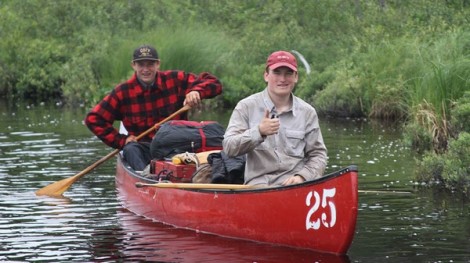
He looked back and saw the stern of the canoe dangling over a ledge in the river. Sweat drenching his shirt, he thrust his paddle into the water and rowed against the raging current. With one final pull, he propelled the canoe forward, away from the fatal drop.
Senior Lyle Foster has attended Camp Wabun for four years. The camp, located on Lake Temagami in Ontario, Canada, allows campers to learn first-hand how to survive in the wilderness. Foster first went to Wabun in 2009 but then took a few years off. He returned to the camp in 2012 and has continued his adventures there since.
“In 1933, my great-grandfather and six of his friends left the camp where they worked elsewhere on the lake, and decided they wanted to start their own camp,” Foster said. “They went down the lake and started Camp Wabun. It has been in my family ever since.”
At the camp, Foster goes canoe tripping, a form of camping that involves traveling by canoe. The trips that he went on in the past two years lasts 40 days. During the expedition, campers canoe everywhere they go and only portage when needed. Campers, in groups ranging from five to 10 members, go along with a head staff member and an assistant staff member, who are above the age of 21 and 17, respectively.
“We travel the same way as the natives did thousands of years ago. We carry our food in boxes called wanigans. We use a leather strap called a tump to tie up our boxes, and we carry them on our back with the strap across our head,” Foster said.
During the trip, Foster travels about 25-30 miles every day, about 1,000 miles in total. His trips consist of traveling by river, staying at a native reservation and camping in the woods. Through the camp, Foster has learned many skills including paddle strokes, ways to survive in the woods, and how to cook in the wild.
“At camp I have learned how to relax. Camp is a place that I can really just forget all the stresses of school, college and social life,” Foster said. “I have learned to appreciate the wilderness and to really enjoy nature.”
However, living in the wilderness can be scary at some points. Foster had an incident on a trip in 2013. While shooting a rapid, Foster’s group pulled over to the side of a river, just above a big ledge. His sternman failed to pulled over fast enough, and they ended up with the bow of the canoe facing upstream and the stern dangling off the ledge.
“Luckily, we were able to pull our canoe out of there and get to the side of the river. Had we not paddled out of it, we would have gone over the ledge, which would have flipped the canoe,” Foster said. “Even with my lifejacket on, a rapid that big would have probably killed or seriously injured me.”
Another part of the trip that one might find to be daunting is lightning drills. During lightning drills, campers must sit on their life jackets in the middle of the woods to wait out the storm. Foster has done this more than 10 times, the longest one lasting for about five hours.
“Sitting in the middle of the woods for that long, praying you or something around you doesn’t get hit by lightning is pretty frightening,” Foster said.
Despite the physical strain and harsh conditions, Foster really enjoys the camp.
“The best part of camp has to be the people,” Foster said. “The bonds that I have made with the people in my sections and the people who aren’t even in my group are really special. You can’t find anything like it.”
Foster recommends that other students attend Camp Wabun.
“If you decide to come to Camp Wabun, be prepared to work hard but also have a lot of fun. Camp isn’t easy, but believe me it is worth it.”


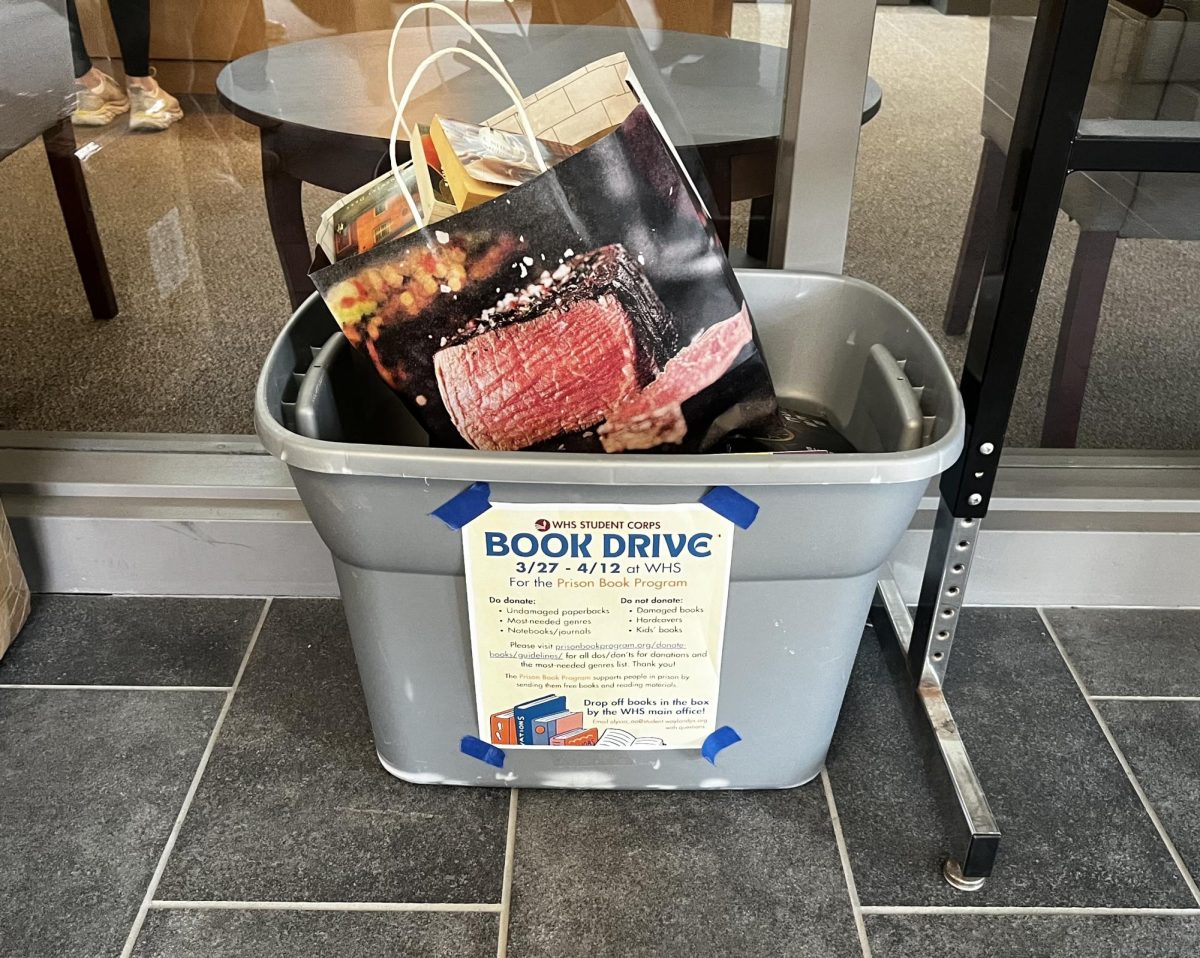

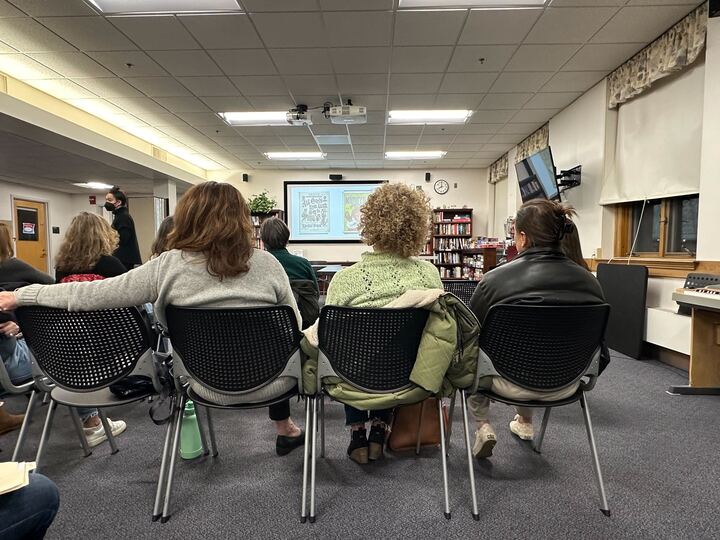







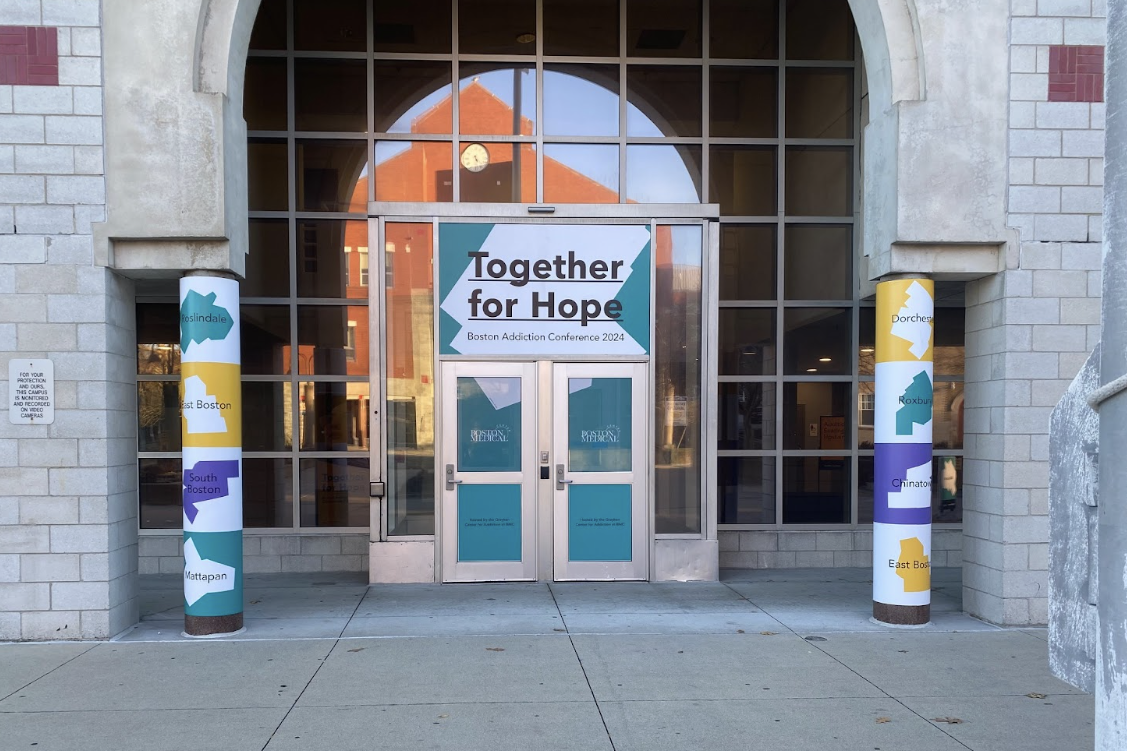












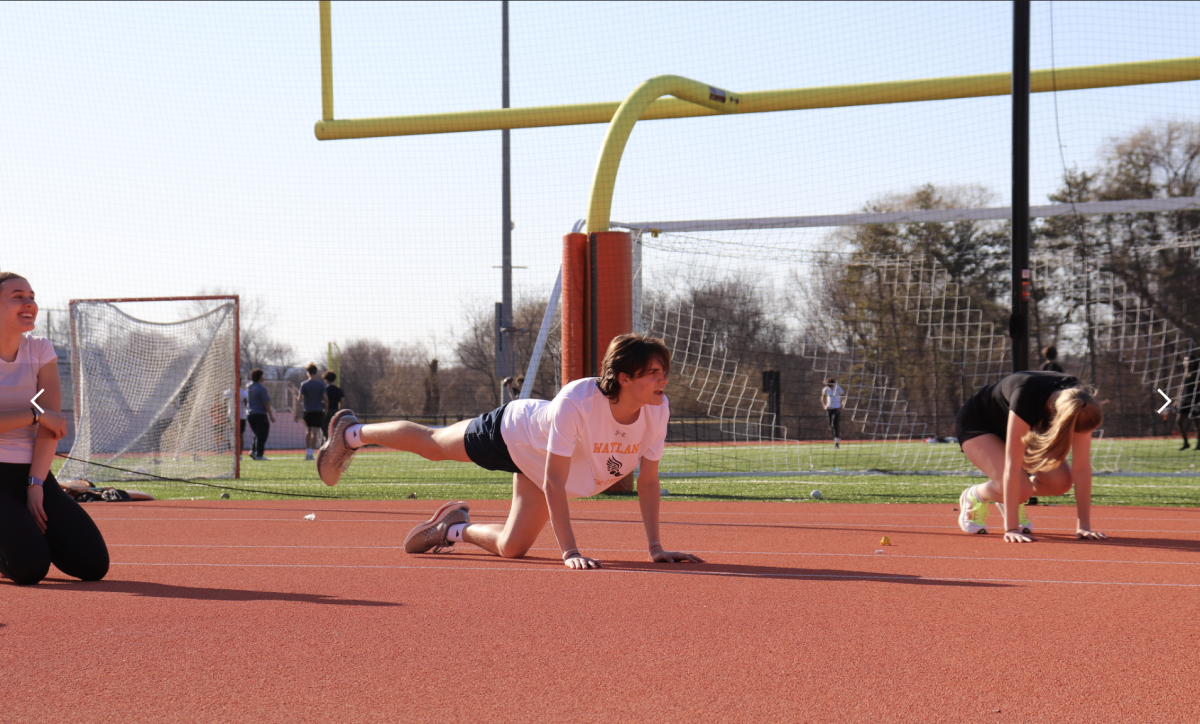






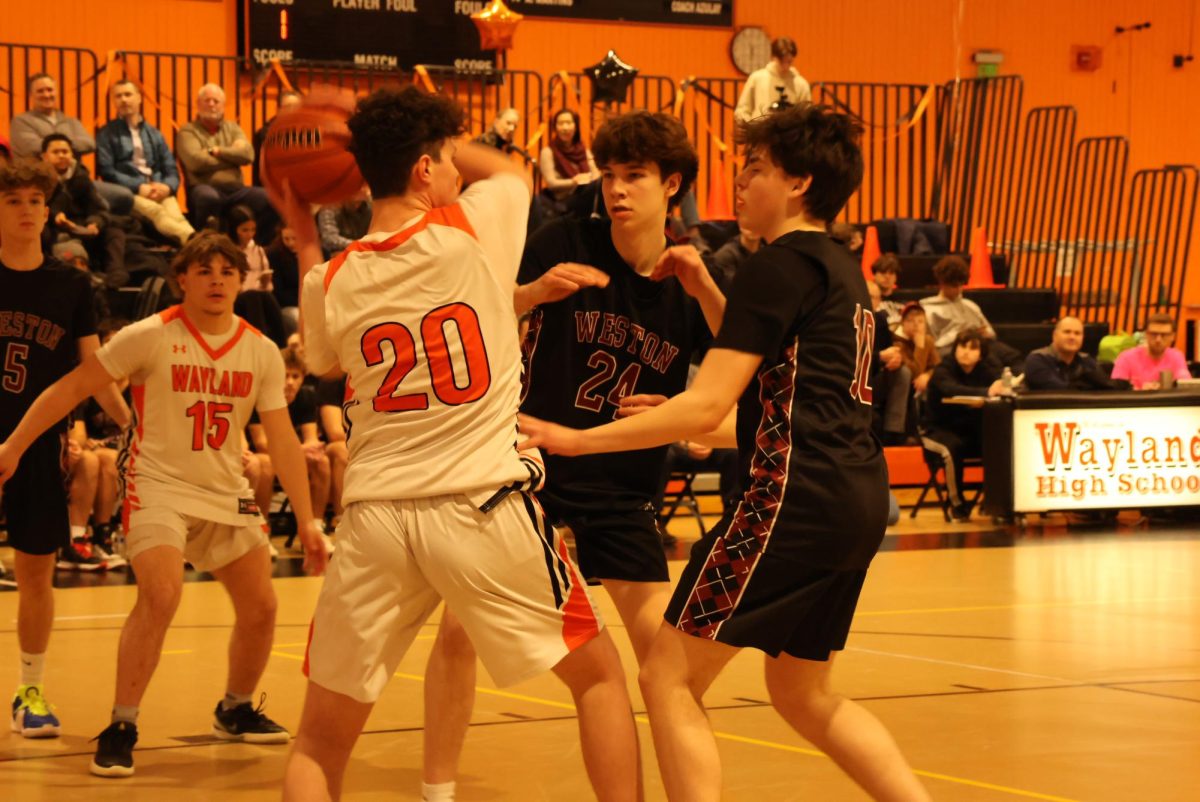











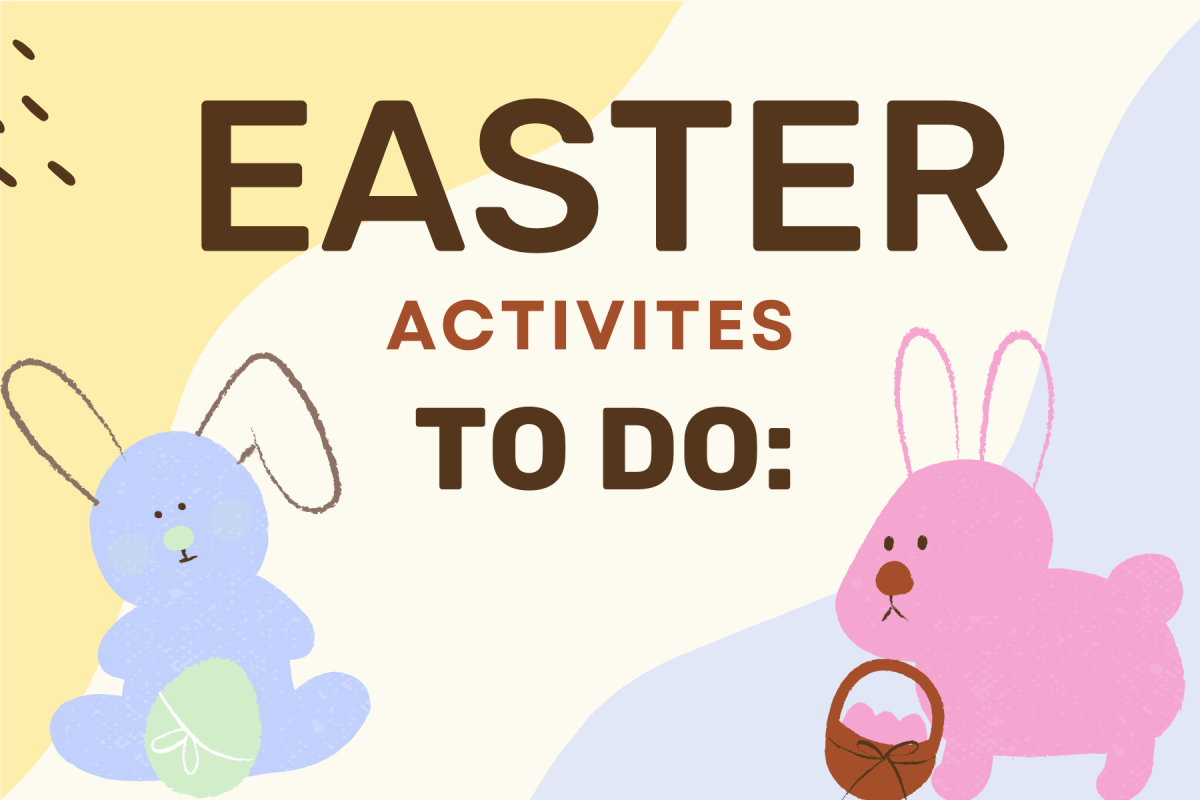














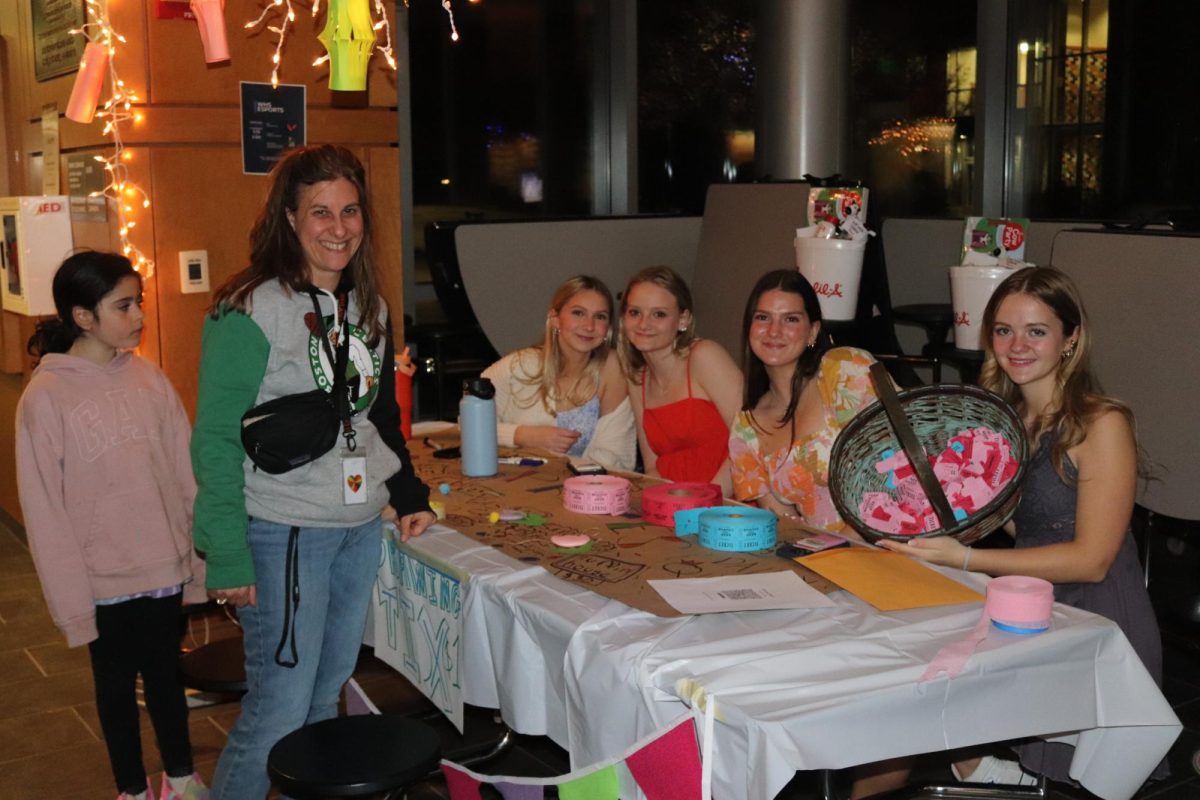




















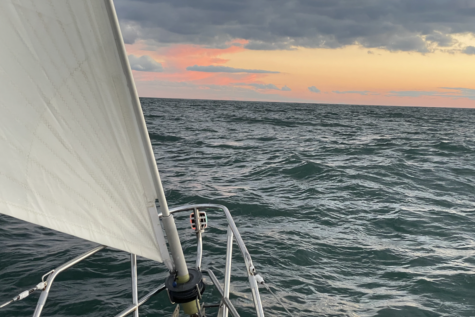




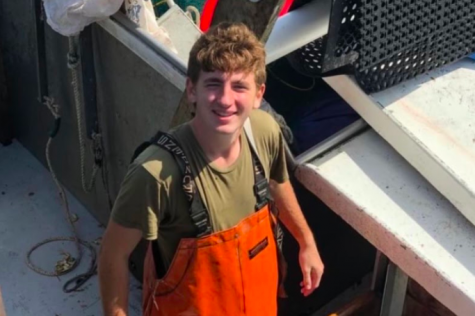
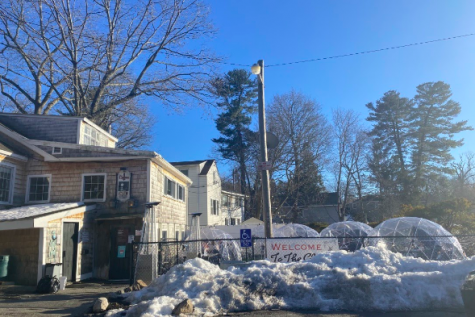
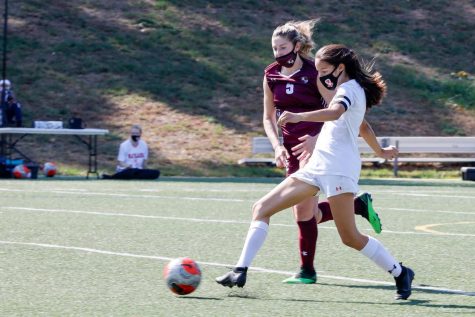
guest • Oct 16, 2014 at 8:10 PM
The man is a stud